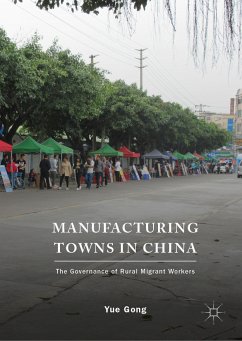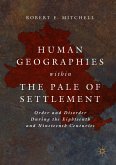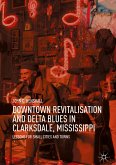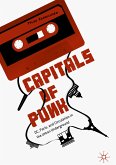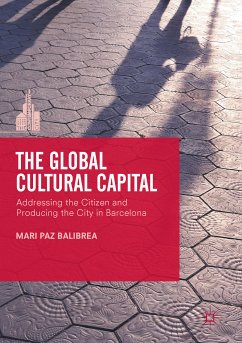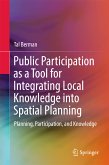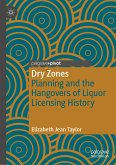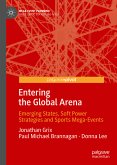This book offers an engaging and unique view of the governance of Chinese rural migrants in non-factory areas of manufacturing towns. By asking how authorities govern migrants as an ongoing source of cheap labor, this book demonstrates and interprets authorities' power exercised in the form of governing rationalities, regulations, programs, activities, and designated non-factory spaces-town and village centers and migrant living zones. These power exercises take place routinely in migrants' everyday lives but typically veil themselves, producing knowledge that legitimates our understanding of migrants. Based on their power exercises, authorities' governance of migrants, like multiple "invisible filters" that select and help create migrant labor in non-factory areas, leads to an inclusion of a certain number of migrants as cheap factory workers and an exclusion of the rest. Nevertheless, by exercising their unique power techniques, migrants can resist and alter authority governance; thus the authorities' power exercises are deficient and may ultimately be futile. This book details these power exercises, offers rewarding insights, and can greatly enrich our understanding of China's local governance of migrants and migrant resistance.
Dieser Download kann aus rechtlichen Gründen nur mit Rechnungsadresse in A, B, BG, CY, CZ, D, DK, EW, E, FIN, F, GR, HR, H, IRL, I, LT, L, LR, M, NL, PL, P, R, S, SLO, SK ausgeliefert werden.

